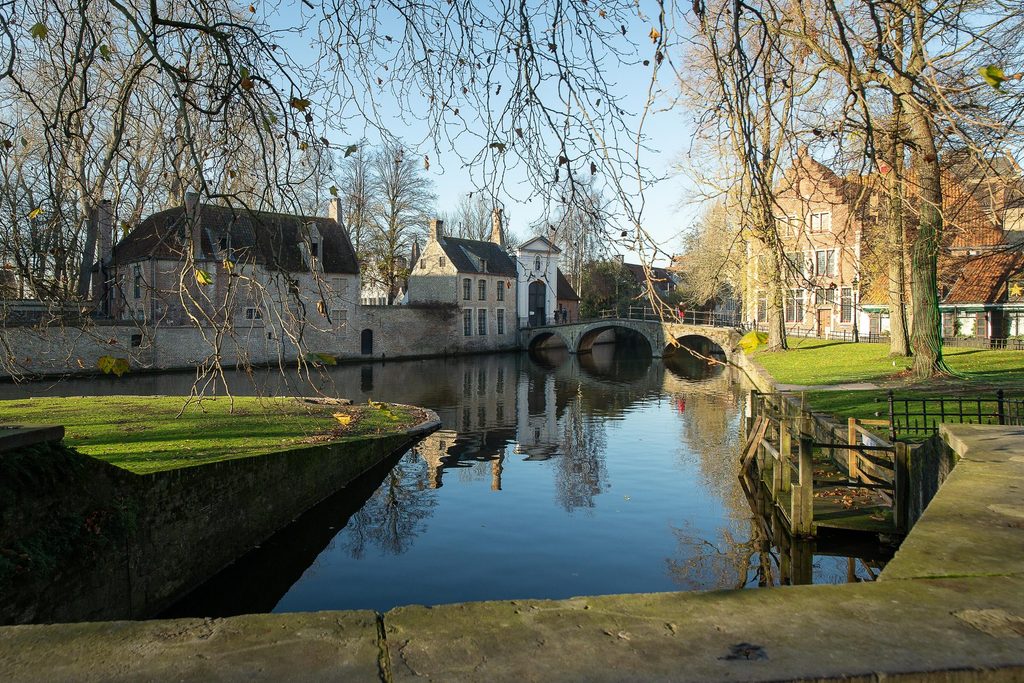Archaeologists in Bruges have found a lead coffin from the 14th century, city authorities reported on Monday.
The discovery was made during excavations along the Eekhoutpoort, on the former playground of the nursery and primary section of the St Andrews Institute and where the oldest abbey – demolished around the year 1800 – in Bruges city centre once stood.
Archaeologists wanted to work on the site before works soon start on the new BRUSK exhibition hall. Among other things, they found a lead coffin from the 14th century.
A lead coffin was usually only for the richest in the population. The coffin is expensive, but it also better preserves the body. The coffin's contents are therefore valuable to archaeologists.
In the presence of a team of specialists, the coffin was lifted. Based on the finds, archaeologists hope to discover who is inside the coffin.
Related News
Furthermore, 12 tombs containing 20 burials were also found on the site. Among them are identified graves of four abbots and two Bruges mayors. Anonymous graves of children were also found and some goods, including four gem-encrusted rings and two crosses.
"Over 600 years of history was buried under a playground for 200 years and now this unique piece of Bruges history is revealing itself in all its beauty," Deputy Mayor of Culture Nico Blontrock said.
The archaeologists will wash and register all the finds and natural scientists will also look into them. The intention is that the remains will eventually be reburied.

